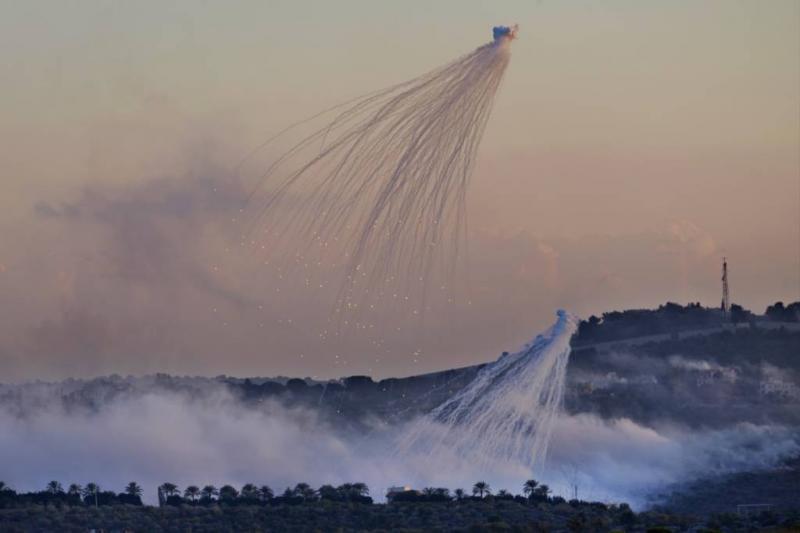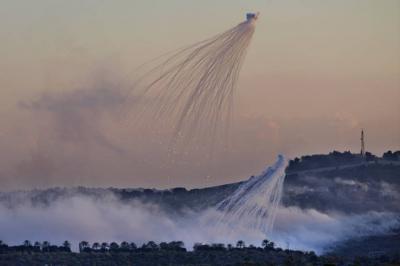The General Directorate of Internal Security Forces concluded the "Cedar 2023" drill at the Internal Security Forces Institute in Aramoun (Martyr Captain Wissam Eid Barracks), focused on combating terrorist attacks involving chemical and radiological materials and protecting high-profile individuals from such attacks. The event was held under the patronage of Prime Minister Najib Mikati, represented by the Minister of Interior and Municipalities Basam Mawlawi, and attended by representatives of the General Director of Internal Security Forces Major General Imad Osman, the head of the Security of Embassies and Public Institutions Unit, Brigadier General Moussa Karneeb.
The drill, which took place from March 3 to 7, 2024, was conducted in collaboration with the National Authority for the Implementation of Lebanon's Obligations Regarding International Agreements on CBRN Materials, represented by its president Dr. Bilal Nasouli. It involved participation from units of the Lebanese Army, the Information Branch, the Mobile Forces (the Panthers), the Judicial Police of the Internal Security Forces, specialized units from the Civil Defense, Beirut Fire Brigade, the Lebanese Red Cross, and the Lebanese Atomic Energy Authority. The drill was funded by the European Union.
During the ceremony, speeches were given regarding the dangers of chemical, biological, radiological, and nuclear (CBRN) materials.
Mawlawi stated: "On this occasion, we cannot help but address the reality of the ongoing war in southern Lebanon and the crimes that our Lebanese land is facing. We must remember the Beirut Port explosion and acknowledge that crime has become cross-border and extremely dangerous, with significant repercussions. It is our duty to combine efforts to prevent and address these impacts, which is the reason behind this training initiative to limit potentially radiological terrorist crimes." He continued, "Science has begun to be used to combat crime, employing proactive thinking and security to anticipate very grave criminal acts." He concluded with, "The protection of the country is the responsibility of all of us, alongside citizens and the collaborative efforts of security and military agencies, as we are soldiers for Lebanon and for the safety of its citizens."
Nasouli confirmed that "the authority recently finalized the national plan to reduce the risks of CBRN materials for the years 2024-2028, which will be submitted to the Cabinet within days. The authority is working within the framework of joint projects with the European Union and relevant institutions in friendly countries and the U.S. Department of State through the Chemical Security Program, to establish transparent and effective mechanisms for monitoring dual-use chemical materials and setting practical frameworks for inventory and tracking as well as chemical mapping." He added, "Coordination is currently ongoing between the authority and the Organization for the Prohibition of Chemical Weapons as well as the U.S. National Authority to implement the Chemical Weapons Convention (CWC) to create an educational and cooperative program between the two agencies, enabling the relevant Lebanese authorities to gain a deeper understanding of the provisions of the Chemical Weapons Convention and to implement them effectively. The authority is also collaborating with the European Union to prepare scenarios aimed at reducing the risks of CBRN materials in maritime and port environments, and will conduct two drills in 2024 and two more in 2025, alongside enhancing the capabilities of the Lebanese Customs to combat the illicit trafficking of radiological and nuclear materials and to manage radiologically contaminated items seized in recent years."




